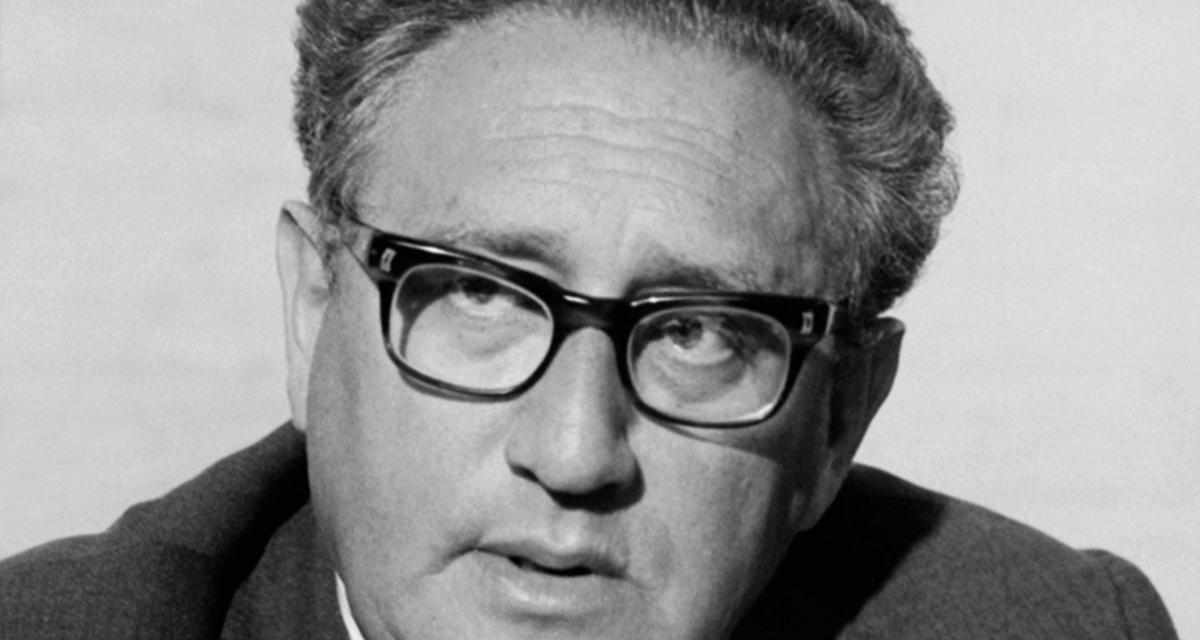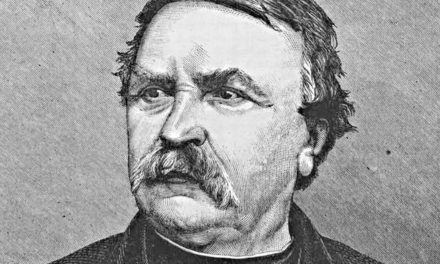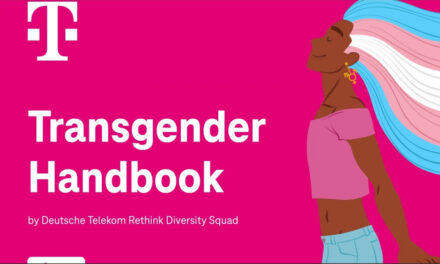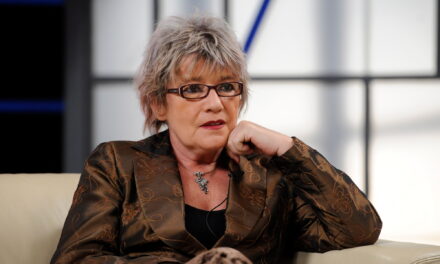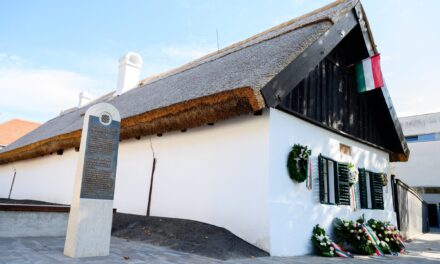Henry Kissinger died at his home in Connecticut on Wednesday evening, the Kissinger Associates Inc. company he founded announced in a statement. The cause of his death has not yet been announced.
The German-born American diplomat played a key role in the foreign policy of the United States during the Cold War under the reigns of American presidents Richard Nixon and Gerald Ford: from September 1973 to January 1977, he held the position of Secretary of State, and from January 1969 to November 1975, he was national security advisor. In 1973, he was awarded the Nobel Peace Prize for his efforts to end the Vietnam War.
According to the Reuters news agency, Kissinger will be buried in a small circle, only with the participation of the family, and then a public mourning ceremony will be held in New York.
The former US Secretary of State was married, he married Nancy Kissinger in 1974, and they were married to the now 89-year-old woman for almost fifty years. Kissinger had two children from his previous marriage, Elizabeth and David.
Although the American diplomat ended his political career in the 1970s, he was actively involved in the political life of the United States until his death: he participated in White House meetings and wrote several books on geopolitical topics, among others. Reuters recalled: Kissinger traveled to Beijing in July 2023 to meet Chinese President Xi Jinping.
Henry Kissinger was born on May 27, 1923 in Germany as Heinz Alfred, in a Jewish family. Because of his origins, the family fled to the United States in 1938, and in 1943 Kissinger received American citizenship. He served in the army for three years, then joined intelligence. During his studies, he obtained a bachelor's, master's and doctoral degree, after which he taught international relations at Harvard University.
As a member of the administrations led by Richard Nixon and Gerald Ford, he led the diplomatic rapprochement with China, helped negotiate between Israel and the Arab countries during the 1973 Yom Kippur War, and played an important role in the Paris Peace Treaty ending the Vietnam War.
However, Kissinger has received many criticisms over the years: some accused him of placing more emphasis on the rivalry with the Soviet Union than on human rights, and his critics did not take kindly to the fact that he supported the government of Augusto Pinochet in Chile, which is considered to be a repressive regime around the world.
"The cold calculation of real politics and the national interests protected by the authorities made him a much-criticized personality worldwide," MTI wrote.
I have been thinking about these problems all my life. This is my hobby and my occupation. The recommendations I made were the best I could do at the time, he answered in an interview with the ABC News television network in July 2022.

